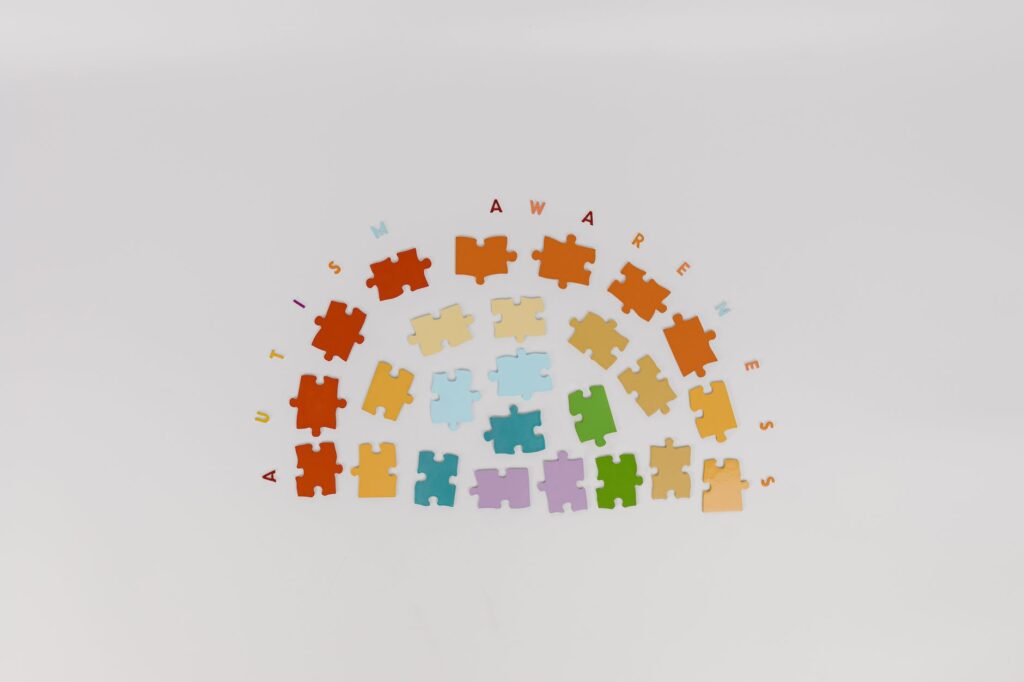
Introduction
Autism is a complex neurodevelopmental disorder that affects an individual’s ability to communicate with and relate to other people.Say’s Dr Michael, People with autism have problems forming relationships, making decisions, and communicating their feelings.
What is autism?
According to the National Autistic Society, autism is a lifelong developmental disability that affects how people perceive the world and interact with others. It can be extremely variable, affecting each individual differently.
Although there is no cure for autism, it is possible for people with autism to lead fulfilling lives if they get the right support.
Some of the common problems experienced by autistic people include:
- impaired social interaction; this could include difficulty initiating or sustaining conversation or sharing interests with other people
- restricted patterns of interest; this could be an obsessive focus on parts of objects or particular topics of conversation
- repetitive movements such as hand flapping or rocking
- communication difficulties; this could include delayed speech development (speaking late), lack of eye contact when speaking, difficulty understanding non-verbal cues such as facial expressions
What are the symptoms of Autism Spectrum Disorder (ASD)?
Symptoms of autism can vary from person to person. Some people with ASD have mild symptoms, while others have more severe symptoms. The symptoms of ASD can be divided into three main categories:
- Social and communication difficulties
- Repetitive behaviours and interests
- Sensory sensitivities or unusual responses to sensory input
Is there a cure for ASD?
There is no cure for autism, but there are treatments that can help the symptoms associated with this condition. While these treatments are not covered by insurance and can be expensive, they can make a big difference in the quality of life of an autistic person. These include speech therapy, occupational therapy and special education programs that teach social skills to children at school.
There is also medication available to treat some of the more severe behavioral issues that are common among people with autism spectrum disorder (ASD). The most common medications used to treat these issues include risperidone (Risperdal), olanzapine (Zyprexa), quetiapine fumarate (Seroquel), aripiprazole (Abilify) and ziprasidone hydrochloride (Geodon). However, these drugs do not cure ASD; they merely treat its symptoms—and even then only temporarily.
What causes ASD?
There are many theories about what causes ASD. The most widely accepted theory is that there is a genetic component, meaning that children with autism have inherited certain genes from their parents. Studies of twins have also shown that if one twin has autism, there is an 80% chance or greater of the other twin also having it.
But just as there are genetic factors involved in developing ASD, so do environmental factors play a role too. Some studies show a higher risk for autism if mothers had bad nutrition during pregnancy, for example, or if they were exposed to certain medicines during pregnancy (like some anti-seizure medications). There may even be something else going on besides genetics and environment—we don’t know yet!
Who is at risk for ASD?
The risk for ASD is greater for those who have children with ASD than those without. You may have a higher risk if:
- you or your partner has a history of autism or other developmental delays;
- you or your partner has been diagnosed with an intellectual disability (mental retardation);
- one of your children was born prematurely (before 37 weeks gestation).
Conclusion
In understanding autism, it’s important to remember that there is no one-size-fits all approach. Each person and family will experience the disorder differently. However, with early intervention and support for individuals on the spectrum, there is hope for a bright future.